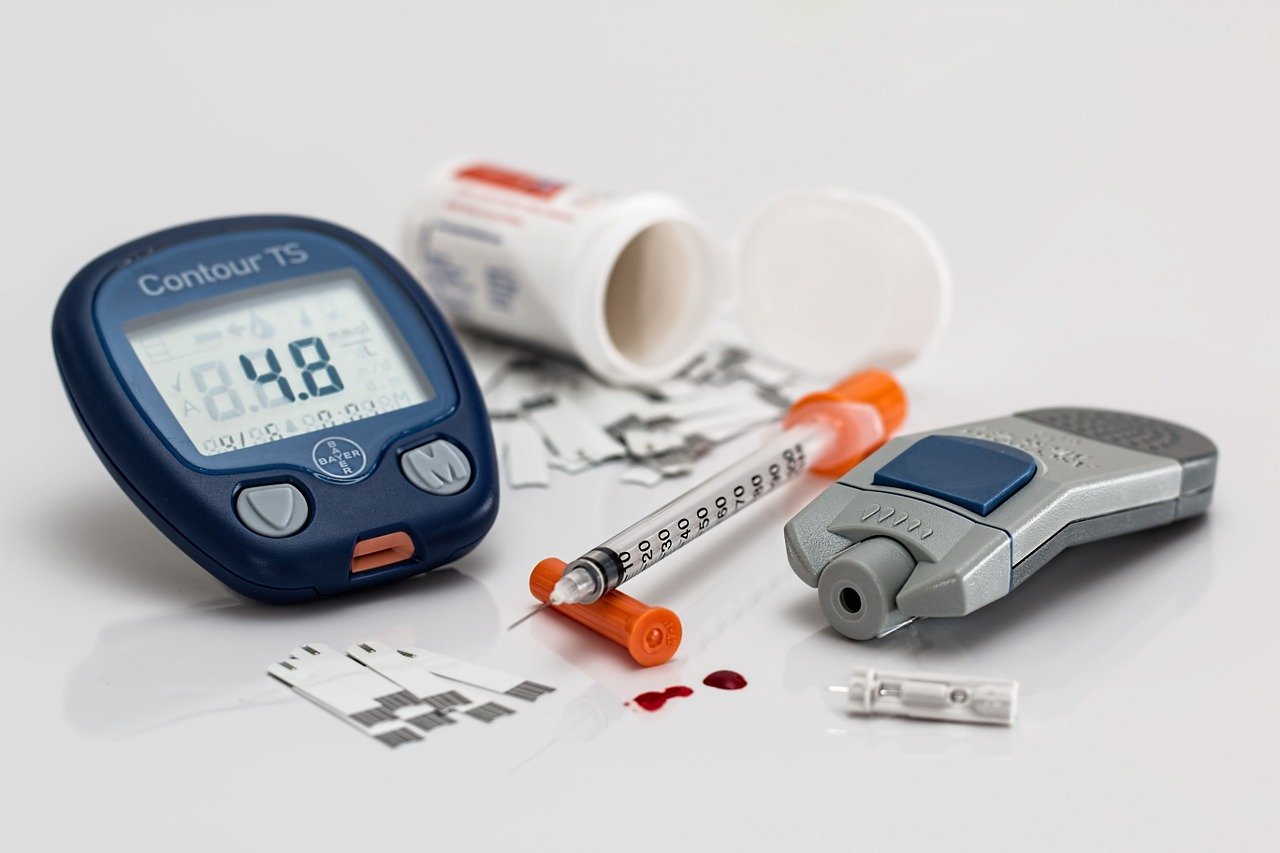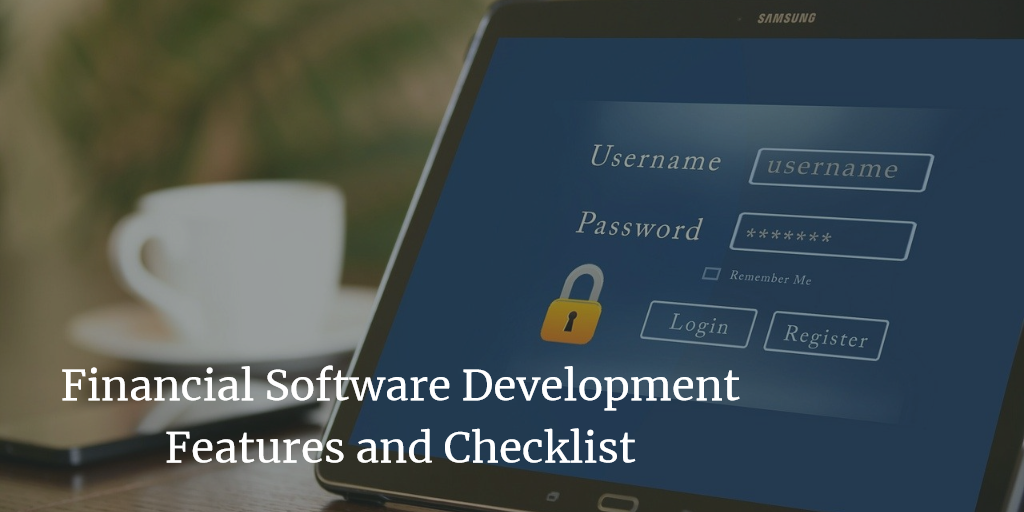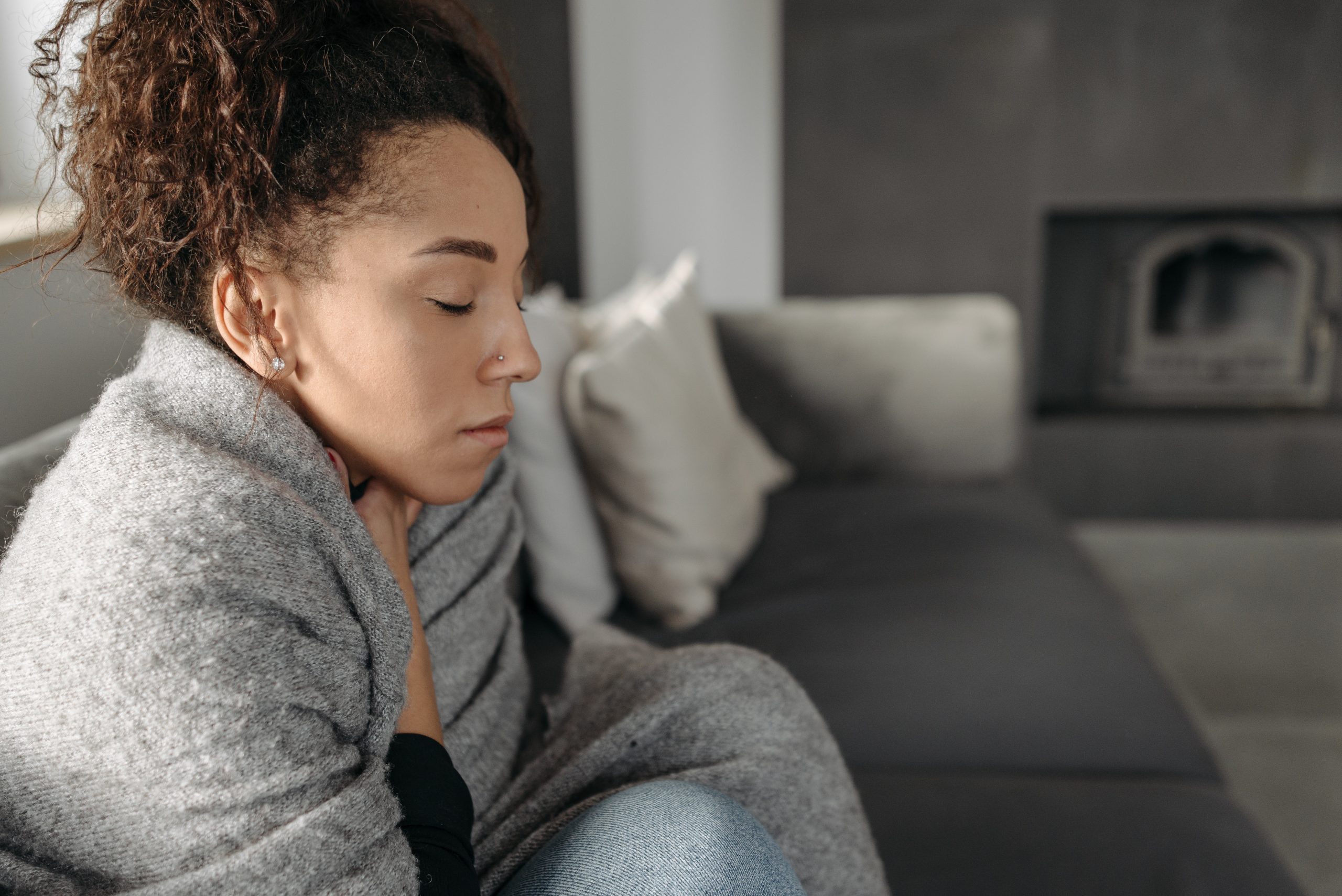Being unable to earn an income is a nightmare scenario for anyone. While we may not all live to work, we certainly all work to live. Outside savings, sick pay benefits or having family you can rely on, you’re going to have a rocky time surviving without an income.
For the self-employed, this can be particularly terrifying. With a lack of access to sick pay or holiday pay, and potentially having only short-term client work, the gig economy is
survival of the fittest. If your work dries up through increased competition or you become incapacitated and unable to work, you better hope you have savings to fall back on or recover fast.
Fortunately, there are ways to keep self-employment an attractive prospect. Anyone could lose their job without warning but taking the anxiety out of illness or injury with certain insurance policies can help provide peace of mind for the self-employed. Something usually only those with traditional sick pay benefits have.
Of these policies, income protection insurance and critical illness cover are two that are likely to be beneficial. But which is more suited to the self-employed and what is the best way to obtain them?
What is income protection and critical illness cover?
Income protection is an insurance policy designed to pay out to you in monthly instalments if you were unable to perform in your job, due to illness or injury. Essentially, for a fixed premium (monthly payment), you are covered for a multitude of illnesses or injuries that would keep you from completing your job.
Income protection insurance usually pays out anywhere between 50% – 70% of your gross (pre-tax) earnings. Some insurers may offer more or less, but this will impact the cost of your premiums. If a provider does offer more than 70%, than this will be capped to a maximum monetary amount decided by the insurance provider.
Critical illness cover is designed to pay out a lump sum if you’ve been diagnosed with a specific life changing illness or condition. This payment can help you replace your income if you’re left unable to work. The illness will need to be one that’s listed within your policy details in order for you to make a claim and it will need to be one that’s not terminal and hasn’t been excluded from your policy.
Unlike income protection, with critical illness cover, you have the option to choose the exact sum you need to cover your financial commitments. However, while most critical illness policies pay out the full sum a minimum of 14 days after diagnosis, some insurers will weight the pay out based upon the severity and how far along you are in your illness.
What are the similarities and differences?
On the surface, both income protection and critical illness cover can seem like fairly similar policies, as they’re both designed to compensate you if you cannot work.
Both policies won’t cover you for unemployment, including being made redundant, or if you pass away. Although, if your critical illness cover policy is part of a life insurance policy, a pay out will be made to your loved ones if you pass away during the term.
Both policies can be used to cover your important outgoings, including your rent/mortgage payments, household bills, childcare and transportation. Furthermore, both policies are paid for through monthly premiums and these premiums will be calculated using your personal circumstances and your chosen policy details.
However, there are some key differences, including how much cover you can take out and how it‘s paid out to you.
When taking out critical illness cover, you‘re able to choose a level of cover to meet your needs. This is known as the sum assured and it will be paid out in a lump sum.
With income protection, the amount of cover you’re eligible for will be dependent on your earnings and what percentage your chosen provider will pay out. This is paid out to you in monthly instalments and is known as a monthly benefit.
Income protection payments will reoccur until you’re well enough to go back to work and have the potential for you to make multiple claims over the lifetime of the policy. Whereas a critical illness cover policy will expire once a claim has been made (this includes life insurance cover if a combined policy has been taken out).
Critical illness will not cover you for any injuries sustained, although some policies will cover complete disability, compared to an income protection policy which will cover you for injuries that prevent you from working.
Another key difference is that critical illness cover can be added to a life insurance policy for an additional cost. This is known as a combined policy, though standalone policies for critical illness are also possible to take out.
Income protection can’t be added to a life insurance policy but both policies can be taken out simultaneously, if it’s within your budget.
How much are they?
Critical illness cover has the potential to be more expensive than income protection if it’s added to a life insurance policy.
Income protection premiums can be dependent on how long your payment period is. A short-term payment period of 1-2 years will have significantly lower premiums than a long-term policy which has the potential to pay out until you retire.
However, the cost of each policy differs between each individual’s personal situation and how much they want to cover.
For example, a short-term income protection policy is going to be cheaper than a critical illness plan with life insurance and could be secured from as little as 20p-a-day. Your age, occupation, smoking status and pre-existing conditions can also all factor into how much you will pay.
The price of cover also varies between providers. No matter what type of cover you take out, it’s imperative to compare multiple quotes to find the best available deal within your price range. The easiest way to do this is by talking to an insurance broker, such as Reassured Advice, who can compare no-obligation quotes for free.
But which policy is better?
One policy isn’t better than the other, at least on a universal scale. The policy which is best comes down to which policy is more suitable to your unique requirements.
If you’re self-employed and worried about an illness or injury preventing you from being able to work, then income protection may be a more suitable option as multiple claims can be made throughout the policy lifetime and it can be possible to be covered up until you reach retirement.
Income protection can also be a great option for anyone with a family who’s concerned about their wellbeing should anything happen, as payments can mimic your income to help you keep up with family budgeting.
However, if you’re worried about a debilitating illness preventing you from working, or the care costs that would ensue, then critical illness cover may be more beneficial. This could be a great policy for anyone self-employed, who is worried about their road to recovery.
Regardless of your situation, it’s important to have a back-up plan. Talking to Reassured can help you discover different insurance policies, whether it’s income protection for self-employed , self-employed critical illness plans or a combination of policies.
Having the right cover in place, should something bad happen, can give you the peace of mind to alleviate those fears, leaving you able to continue working and focusing on what’s most important to you.







